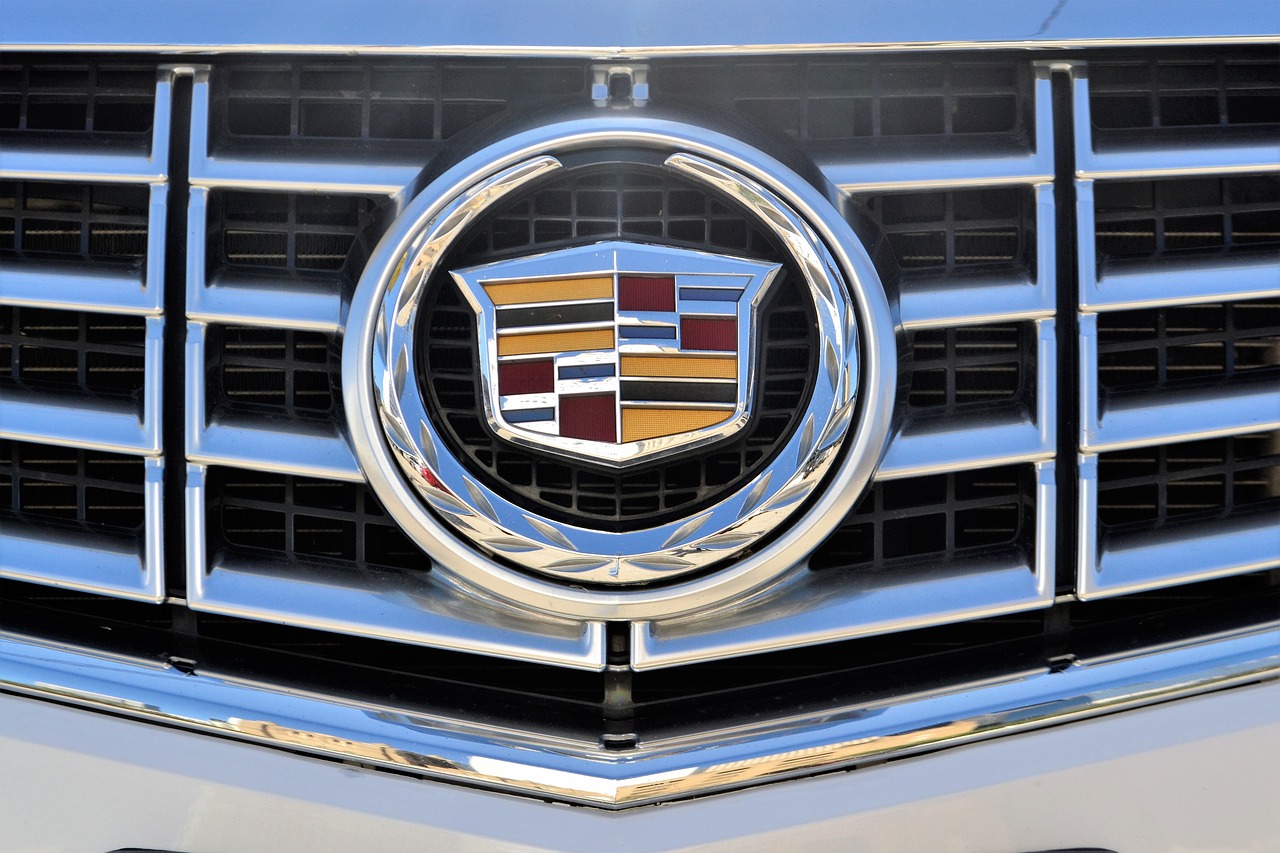The Role of Government Regulations in Car Manufacturing: Laserbook 247 com, Lotus299 id, 11xplay reddy login
laserbook 247 com, lotus299 id, 11xplay reddy login: The Role of Government Regulations in Car Manufacturing
If you’ve ever purchased a car, chances are you’ve heard about government regulations in the industry. But what exactly do these regulations entail, and how do they affect car manufacturing? In this article, we’ll explore the role of government regulations in the car manufacturing sector, and why they are crucial for ensuring the safety, quality, and environmental sustainability of vehicles.
History of Government Regulations in Car Manufacturing
Government regulations in the automotive industry date back to the early 20th century when concerns about vehicle safety and emissions began to emerge. The first major piece of legislation regulating car manufacturing was the National Traffic and Motor Vehicle Safety Act of 1966 in the United States. This legislation established safety standards for vehicles and paved the way for further regulations in the industry.
Since then, government regulations in car manufacturing have expanded to cover a wide range of areas, including emissions standards, fuel efficiency requirements, and consumer protection laws. These regulations are designed to ensure that vehicles are safe, environmentally friendly, and meet certain quality standards.
Key Areas of Government Regulations in Car Manufacturing
1. Safety Standards
One of the primary objectives of government regulations in the automotive industry is to ensure the safety of vehicles and their occupants. Safety standards cover a wide range of areas, including crashworthiness, occupant protection, and vehicle stability. These standards are designed to minimize the risk of injury or death in the event of a car accident.
2. Emissions Regulations
Emissions regulations are another key area of government regulations in car manufacturing. These regulations aim to reduce the amount of harmful pollutants emitted by vehicles, such as carbon monoxide, nitrogen oxides, and particulate matter. By setting strict emissions standards, governments can help protect the environment and public health.
3. Fuel Efficiency Requirements
Fuel efficiency requirements are also an important aspect of government regulations in the automotive industry. These regulations aim to reduce the consumption of fossil fuels and decrease greenhouse gas emissions. By setting fuel efficiency standards, governments can incentivize car manufacturers to produce more environmentally friendly vehicles.
4. Consumer Protection Laws
Consumer protection laws are designed to protect consumers from unfair or deceptive practices in the automotive industry. These laws cover areas such as advertising, warranties, and vehicle recalls. By enforcing consumer protection laws, governments can ensure that consumers are treated fairly and have access to accurate information about the vehicles they purchase.
Impact of Government Regulations on Car Manufacturers
While government regulations in the automotive industry serve important purposes, they can also have a significant impact on car manufacturers. Compliance with regulations often requires manufacturers to invest in research and development, implement new technologies, and adjust their production processes. This can result in higher costs and longer lead times for bringing new vehicles to market.
However, government regulations can also benefit car manufacturers in some ways. For example, regulations can create a level playing field for all manufacturers, ensuring that no company gains an unfair advantage by cutting corners on safety or environmental standards. Regulations can also drive innovation and encourage manufacturers to develop new technologies that improve the safety and efficiency of their vehicles.
FAQs
Q: Are government regulations in the automotive industry the same in every country?
A: No, government regulations in the automotive industry vary from country to country. While many countries have similar safety and emissions standards, there can be significant differences in the specific regulations that manufacturers must comply with.
Q: Do government regulations in the automotive industry apply to all vehicles, including electric cars?
A: Yes, government regulations in the automotive industry apply to all vehicles, regardless of their power source. Electric cars must meet the same safety, emissions, and fuel efficiency standards as traditional gasoline-powered vehicles.
Q: How do government regulations in the automotive industry affect car prices?
A: Government regulations in the automotive industry can impact car prices by increasing manufacturing costs for manufacturers. These higher costs are often passed on to consumers in the form of higher vehicle prices. However, regulations can also lead to long-term cost savings for consumers by reducing fuel consumption and maintenance costs.
In conclusion, government regulations play a crucial role in ensuring the safety, quality, and environmental sustainability of vehicles in the automotive industry. While regulations can present challenges for car manufacturers, they are essential for protecting consumers and the planet. By complying with regulations and embracing innovation, car manufacturers can help build a more sustainable and responsible automotive industry.







